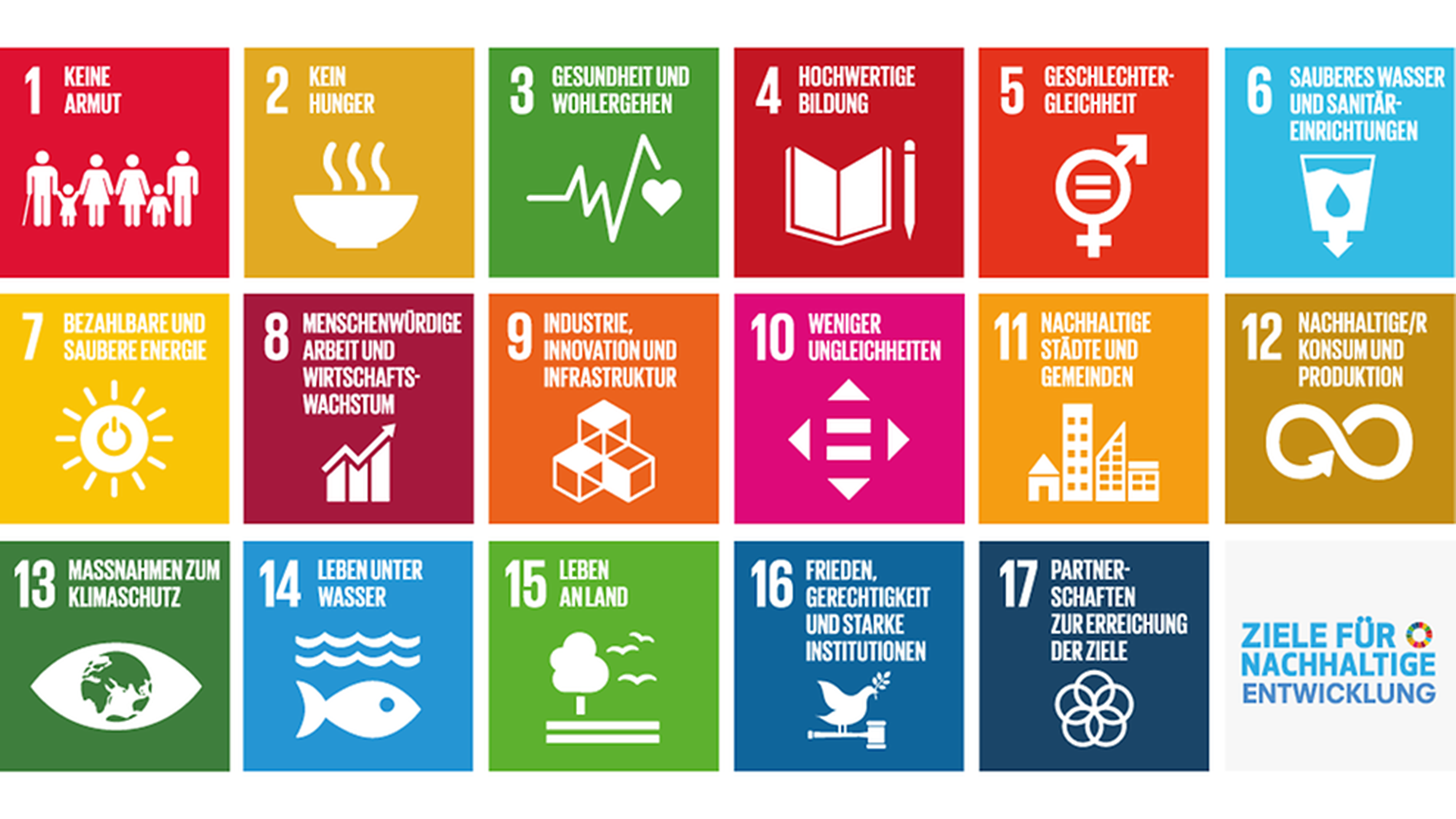July 2021. Lytton, Canada. 49.6 degrees. The heat wave in North America is considered by researchers to be an “unprecedented sign of climate change.” It’s not just news like this that highlights the challenges facing our future. What is clear is that something has to happen globally to meet them. And it does.
Environmental awareness and sustainable thinking are not 21st century achievements. Thus, the first associations of environmental activists emerged as part of the ’68 movement. Since then, the issue has become increasingly entrenched in people’s minds. So what is the difference between this and today’s megatrend of neo-ecology?
Neo-ecology: Economy and ecology are not mutually exclusive
What’s new today is that it’s no longer just about minimizing one’s ecological footprint through abstinence. The perspective has changed. Rather, it is the case that economic interests and environmentally conscious actions are not necessarily mutually exclusive. After all, sustainability is becoming a consumer development. And thus an important economic factor. In other words, companies that act sustainably are more successful in the long term.
Sustainability encompasses environmental, societal and social aspects
For companies, it is not enough just to pay attention to nature and its resources. Rather, the term sustainability encompasses many other aspects, including societal and social aspects – all of which are subsumed under the term Corporate Social Responsibility (CSR). According to the Duden dictionary, it is the “voluntary commitment of business enterprises to operate in a socially, ecologically and economically sustainable manner that goes beyond legal requirements.”
The number of companies that integrate such a voluntary commitment into their actions is growing steadily. Not least due to the CSR reporting obligation that has been in place since 2017 for capital-market-oriented companies, as banks, insurance companies and investment fund companies with more than 500 employees and sales of more than 40 million euros or total assets of more than 20 million euros. This obligation to publish information on sustainable action will presumably be extended to other companies, regardless of stock-exchange listing, in response to a proposal by the EU Commission in April 2021 and is expected to come into force from the 2023 reporting period.
17 global sustainability goals
Holding business accountable is not the only step on the road to sustainable change. Policymakers have recognized the need to act. In 2015, for example, the United Nations adopted Agenda 2030. In 17 goals, the Sustainable Development Goals (SDGs), economic, ecological and social fields of action are defined. In the words of the German government, they are intended to “enable people to live in dignity while at the same time permanently preserving the natural foundations of life.” The goals affect the entire global community.
Sustainability is only possible together
Because every country, every company, every individual makes an important contribution to sustainable development. The mindset of each individual is required. Thus, we are in the midst of neo-ecology: sustainability is not just a trend, but rather a lifestyle that is becoming a social movement.
KUKA is also committed to responsible and transparent corporate governance. You can read about how the company is fulfilling its social and corporate responsibility for a sustainable future in the KUKA Sustainability Report.












